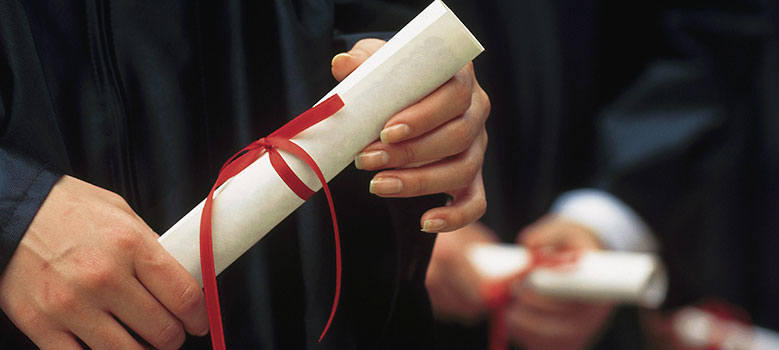2019-2020 CATALOG [ARCHIVED CATALOG]
Courses Offered
|
|
|

A grade of “C” or better is required in all prerequisite courses and in all courses specified by course numbers in the summary of required hours.
Note: Any program directed or technical electives, all Allied Health programs, Associate of Science in Teaching (AST), and Technical Certificates requires “C” or better in all course work.
|
| |
Theatre – Applied Instruction Professional Actor Training Courses
Admission to participate in the Professional Actor Training is a prerequisite for Professional Actor Training courses. All Fall Semester courses are prerequisite to all Spring Semester courses, and all courses taught in the same term are corequisites. Designated courses are repeatable for credit, but no more than 12 hours of Applied Instruction and/or Performing Ensemble, in any combination, may be applied toward a degree. |
| |
|
| |
|
| |
|
| |
|
| |
|
| |
|
| |
|
| |
|
| |
|
| |
|
| |
|
| |
|
| |
|
| |
|
| |
|
| |
|
| |
|
Theatre – General |
| |
|
| |
|
| |
|
| |
|
| |
|
| |
|
| |
|
| |
|
| |
-
THEA 2620 - Costume Design and Construction 2 (3)
The course advances the work of THEA 2610 and includes patterning, alterations, draping, and period costuming. The student will design and construct a costume. Each student will choose a final project: historical research, design a show, or assist a designer during a production. Repeatable; maximum of 9 hours applicable towards a degree. Prereq(s): THEA 2610 or permission from instructor. [F,S]
Click here for Fall course scheduling information.
|
| |
|
| |
|
Veterinary Technology |
| |
|
| |
|
| |
|
| |
|
| |
|
| |
|
| |
|
| |
|
| |
|
| |
|
| |
|
Welding |
| |
|
Women’s Studies |
| |
|
Radiation Protection |
| |
|
| |
|
| |
|
| |
|
| |
|
| |
|
| |
|
| |
|
Nuclear Power |
| |
|
| |
|
| |
|
| |
|
| |
|
| |
|
| |
|
| |
|
| |
|
| |
|
| |
|
| |
|
| |
|
| |
|
| |
|
| |
|
| |
|
Non Destructive Testing |
| |
|
| |
|
| |
|
| |
|
| |
|
| |
|
| |
|
| |
|
Maintenance Technology |
| |
|
| |
|
| |
|
| |
|
| |
-
MECH 1320 - Mechanical Components and Electrical Drives (3)
A study of the basic mechanical components and electrical drives in a mechatronics system. Topics include basic functions and physical properties of mechanical components and electrical AC and DC Drives. Also covers the various service procedures, tools, instruments, and equipment necessary to diagnose and troubleshoot typical industrial equipment. Emphasis is placed on electromechanical and fluid power equipment troubleshooting. class 2 hours, lab 3 hours. Conctact hours 5. Prereq(s): DSPM 0850 [F,S] Note(s): There are NO LEVEL OF PREPAREDNESS REQUIREMENTS in any subject for this course.
Click here for Fall course scheduling information.
|
| |
|
| |
|
| |
|
| |
|
| |
|
| |
|
| |
|
| |
|
| |
|
| |
|
| |
|
| |
|
| |
|
| |
-
MN 207 - Numerical Control 1 (3)
Principles of numerical control systems; Focus on hands-on equipment usage, program debugging, and error diagnosis; NC tooling, 2- and 3-axis machining and G-codes. class 2 hours, lab 3 hours.
Prereq(s): ET-115, MATH-1710, MD-184 [F]
Click here for Fall course scheduling information.
|
| |
|
| |
|
| |
|
| |
|
| |
|
Learning Support |
| |
|
| |
|
| |
Page: 1 <- 2
| 3
| 4
| 5
| 6
| 7
| 8
| 9
| 10
| 11
| 12
|
|